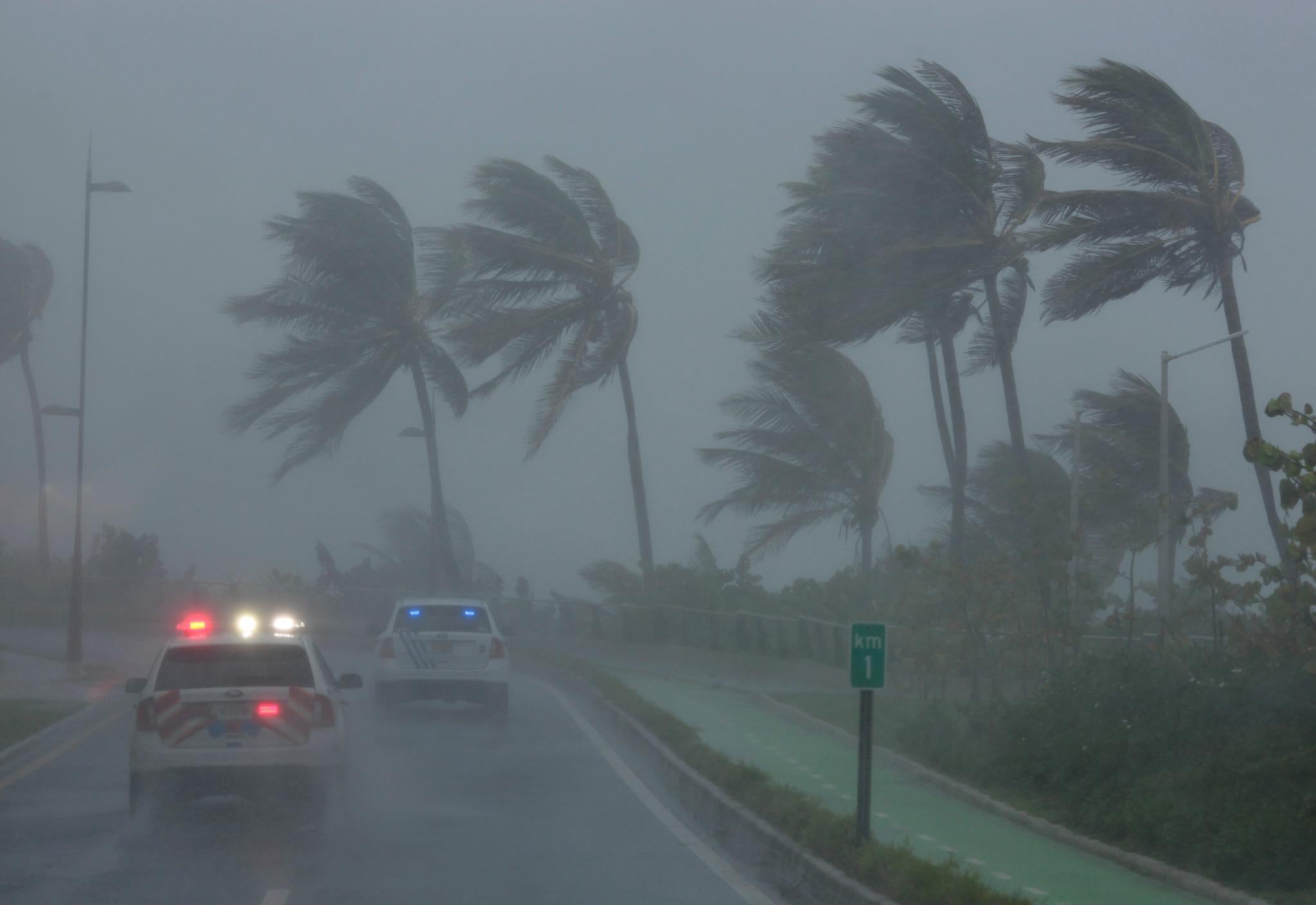What caused Hurricane Irma? Did climate change cause this Category 5 tropical storm?
Climate change didn't cause the deadly hurricane. But it did make it more horrifying

Hurricane Irma, like Hurricane Harvey, was not caused by climate change. But the horrifying destruction it has sent across the Atlantic might have been.
Scientists say that asking whether global warming was the reason for the extreme weather is the wrong question. Instead, we should be focusing on how global warming has helped turn the hurricanes into even more destructive forces than they ever would have been before.
“Hurricane Irma, following so closely after Tropical Storm Harvey and other extreme weather emergencies, has prompted questions about the role of climate change." said Dann Mitchell, NERC Research Fellow at the University of Bristol’s Cabot Institute. "The question of whether climate change 'caused' any particular weather event is the wrong one; instead, we must probe how climate change alters extreme weather. Aside from the warming atmosphere, rising sea level and surface ocean warming have likely contributed to the impact of both Irma and Harvey."
Climate change works to heat the ocean and increase the sea levels. In turn, that helps to make the hurricane more devastating: more heat helps propel the power of the hurricane, leading to the kind of destruction that has made its way across the Americas twice over the last week.
"For climate change, it’s important to note that climate change has already caused higher sea levels, so any storm surge is happening on top of a higher initial level, leading to more coastal flooding," said Chris Holloway, a tropical storm expert at the University of Reading. "Also, climate change leads to increased rainfall for a storm of a given strength, leading to increased freshwater flooding. Climate change also likely increases the probability of storms reaching an extremely high intensity."
As climate change continues, we should in one sense get used to and prepare for similar destruction in the future. Extreme weather events like these are a glimpse at our future – and how well are set up to deal with them, said Dr Mitchell.
"It is likely that rainfall events, in general, will become more extreme, as will heat waves and droughts. So events like Irma and Harvey also help us understand if we are prepared for them and who will be most affected," he said.
"Increasingly, the evidence is clear that the poorest, being the most exposed to many climate risks and often being the least protected, will be most affected. Addressing this inequality is at the heart of not just the climate change discussion but all discussions about how we become resilient to risk and hazards."
Join our commenting forum
Join thought-provoking conversations, follow other Independent readers and see their replies
Comments
Bookmark popover
Removed from bookmarks